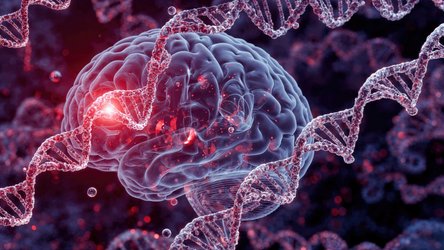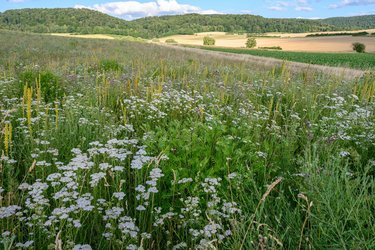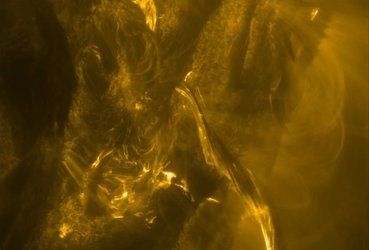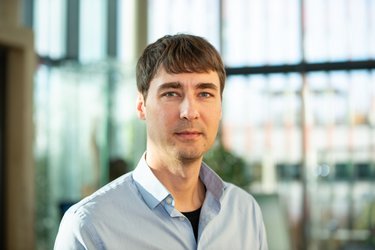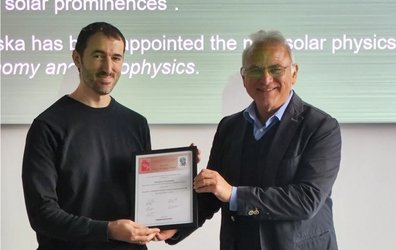The Göttingen Campus

The Göttingen location has come to be synonymous with high-quality international research. To ensure that this remains the case in the future, the University of Göttingen, including the University Medical Center, and seven non-university local research centres have joined forces to form the Göttingen Campus.

By drawing on their joint strengths and potential, campus partners have created a unique and stimulating environment that encourages diversity and an active exchange between professors, researchers and doctoral students.

Across the Göttingen Campus, there are currently more than 5,900 researchers working in nearly every scientific discipline.

Within the Göttingen Campus, the quality of teaching and training of early career scientists is assured and continuously improved by joint graduate programmes and inter-institute junior research groups.
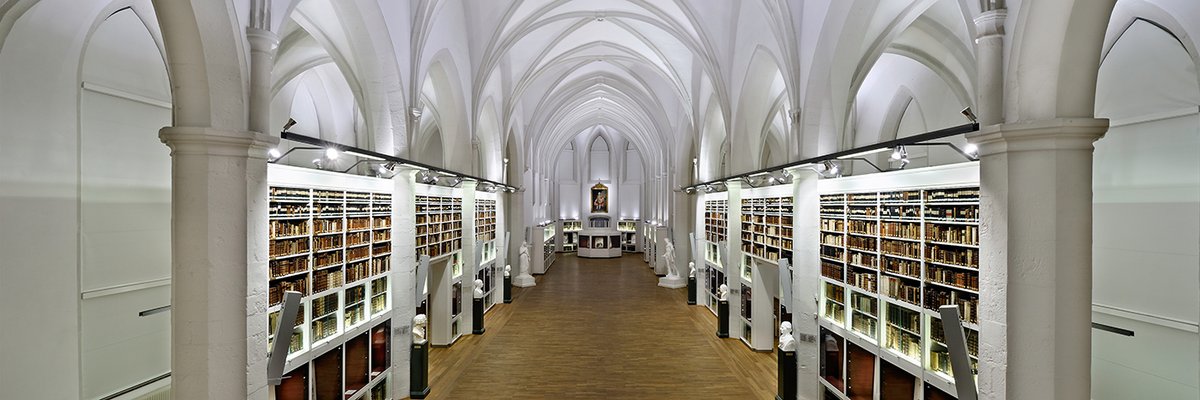
Science on campus benefits from excellent joint third-party funded projects and 23 joint professorships between the University and non-university institutions.
